War, Travel Restrictions and Culture Shock Impact MoCo International Students
International Club gathers in the Diversity House on April 5 to organize end of the year festivities. From left Lina Fu, Prishaani Govender, Jackson Mlimuka, Andjela Todorovic, Nischal Piya, Joshua Pradhan, Mars, Minghao Tan, Boris Kirov, Stephanie Grande-Brito, Astrid Buquen, Sara Rojas, and Aziza Hamidi.
Moravian College student Aziza Hamidi ‘20 has not been able to see her mother in two years with 8,431 miles and Green Card approval keeping them apart.
“I can’t go outside of the country,” said Hamidi. “That’s a struggle for me. If I could get my Green Card faster, I could go and see her.”
Hamidi is originally from Afghanistan and a year ago applied for her Green Card, also known as the permanent resident card, which confers the ability to legally live and work in the United States, and to travel more freely, according to U.S. Immigration.
Hamidi is one of more than 100 international students who are studying at Moravian College. Each one of them faces an array of obstacles, from adjusting to a new culture, coping with wars back home, understanding visa stipulations, and navigating recent traveling restrictions instituted by the Trump administration.
Over the past year, many international students have stayed on campus over the summer and winter breaks because they fear traveling abroad, said Rubie Ghazal, director of Global Inclusion.
On Jan. 27, 2017, President Donald Trump issued an executive order that after being approved by the Supreme Court in December prevented citizens from eight nations, including Iran, Libya, Syria, Yemen, Somalia, Chad and North Korea, from entering the United States, according to the New York Times.
The order also called for enhanced screenings. Written and verbal quizzes for American citizens and international travelers going aboard were mandated as well, according to NBC news.
“A number of our students were actually not allowed to come back to the United States,” said Ghazal. “We are thinking that with the new policies something has happened, but we’re just not sure what it is.”
In total, seven students were not able to return to campus, six of them from Saudi Arabia and one from a country in Asia, according to Ghazal. Although not from banned countries and holding both valid visas and I-20 forms—certificates of eligibility for students—the students were denied re-entry.
“Some [students] had made it to the United States but they were sent back,” said Ghazal. “We had a couple of cases where students were pulled out of the airplane or when they arrived were refused entry and they had to go back [home].”
Setareh Alipour ‘20, a part time student at Moravian who lives with her husband at Lehigh University, came to the United States from Iran two years ago and now fears traveling.
“At Lehigh, there are a lot of Iranian students and we were all very sad,” she said. “Every day we hear the new news, and it’s not good for us.”
In Hamidi’s case, she has been unable to return to her family because of the slow process of getting her Green Card approved.
Although originally from Kabul, Hamidi received a scholarship when she was 13 years old to attend King’s Academy, a boarding school located in Madaba-Manja, Jordan.
“In Afghanistan, it’s not okay for girls to travel, especially when they are 13,” said Hamidi. “You should be at home, get married. But my mother was different. She said, ‘I want my children to see the world, I want my children to get [an] education, to learn.’”
The Taliban ruled the country at the time. Women were discriminated against and banned from going to school, work, and leaving the house without a male chaperone, and from showing their skin in public, according to Amnesty International. The region has been in international conflict since 1979. Groups affiliated with the Taliban, such as ISIS, continue to lead deadly attacks there, according to World Report 2017.
“I didn’t have a good childhood there,” said Hamidi. “I always grew up with bombs and the Taliban and killing.”
Hamidi’s mother and younger brother moved to India. One of her sister’s studies at King’s Academy, and the other studies at Columbia University in Rhode Island.
Hamidi has her F1 visa, a nonimmigrant visa that allows her to study in the U.S. but prohibits her from working off campus and from traveling out of America for long periods of time, according to U.S. Citizenship and Immigration Services.
“Every part of my life where I step to do something new has always been a struggle, but that struggle always made me a stronger person to face the challenges that are going to come to me,” said Hamidi.
In addition to troubles at home, international students also face challenges adjusting to life on campus. The students come to Moravian from countries all around the world, including Australia, Canada, China, Ecuador, France, Iran, Italy, Jordan, Kingdom of Saudi Arabia, Nepal, Serbia, South Africa, Tanzania, and Vietnam.
“The language was most difficult, and adapting to the culture, [but] if you need the help, you will get the help,” said Mohammed Zakari ‘21, an international student from Saudi Arabia.
In America, friendships, family priorities, the idea of personal space and becoming an adult differ in nature from other countries, said Ghazal.
“It took a moment to get used to when some Americans say, ‘Hi, how you doing?’ That’s the whole greeting,” said Lara Slabber ‘21, an international student from South Africa. “That’s just hello. They don’t actually expect an answer, they just keep walking,”
Despite these challenges, international students have found a home at The Center for Intercultural Advancement & Global Inclusion, also known as the Diversity House, located on campus at 1138 Main St.
“The Center is a safe space for all international students to come and talk to my colleague Boris Kirov [assistant director of Global Inclusion] and me,” said Ghazal. “We have had students come to us with many questions and many concerns. This is usually the place where students can find a shoulder to cry on. Students who may have misunderstood an assignment or who have difficulties back home come and talk to us here.”
Every other Thursday the Diversity House hosts International Club meetings where students discuss campus events. The advisor of the club is Kirov, the president is Lina Fu ’20, and the vice president is Hamidi.
“I really like [being president],” said Fu. “Everybody can talk about whatever they want to. I like the atmosphere, and our advisor is awesome.”
At a recent meeting, students discussed the challenges of adjusting to American culture and to recent political changes.
“It’s a complicated feeling, because [Trump’s] the president America chose,” said Fu. “I don’t have the right to vote or anything. If he’s the president that America chose it makes me think about what [Americans] want.”
In addition, the students shared lessons they have learned and experiences that they have had while studying in America.
“We are now really open-minded about other countries and other people,” said Hamidi. “Our mind is not in one place—in our own country. Now we see that there are people that think differently.”


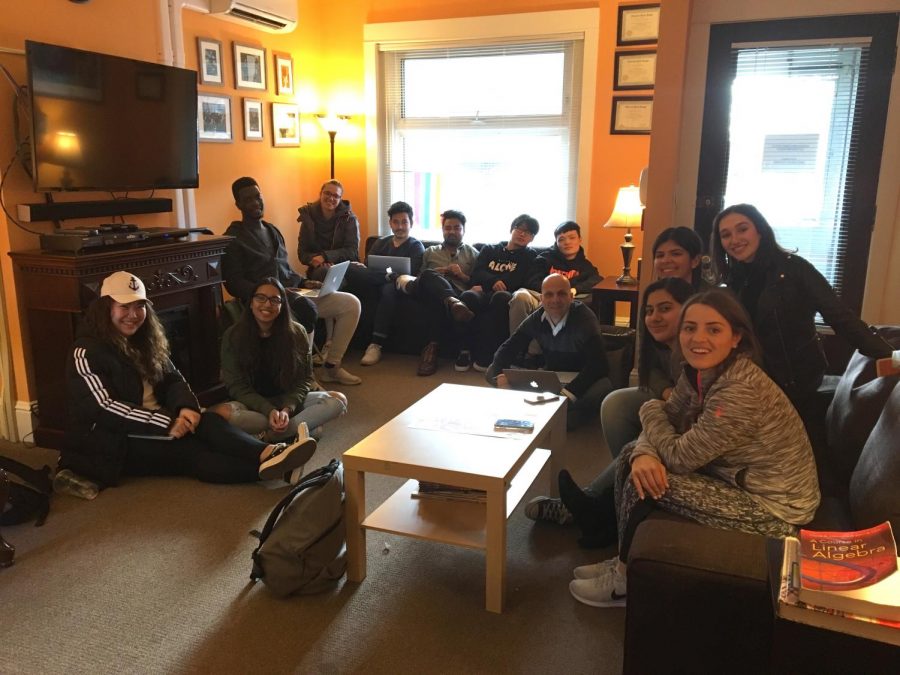
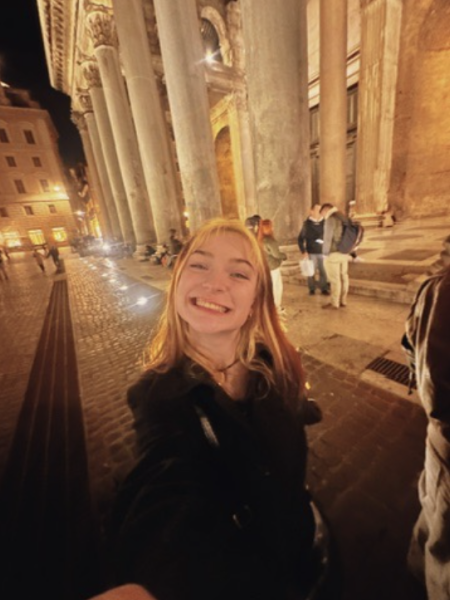

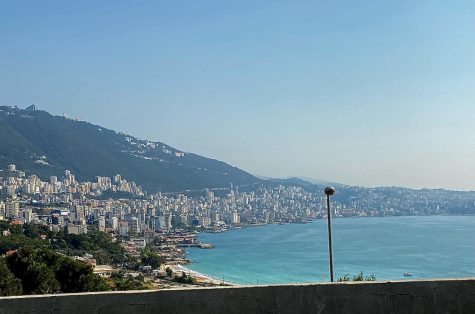
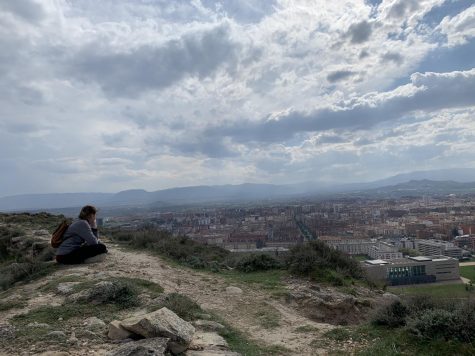
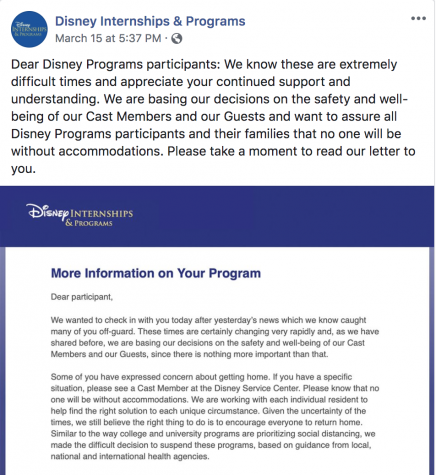


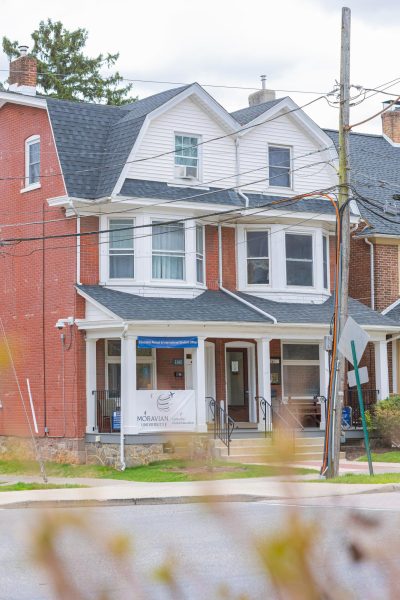
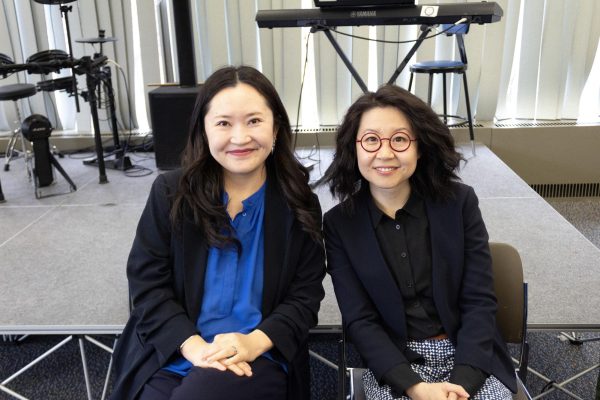
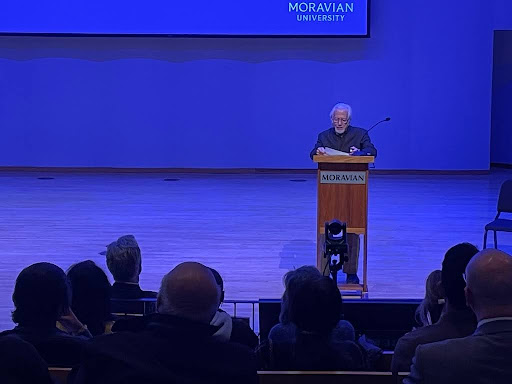
Joyce Hinnefeld • May 1, 2018 at 12:12 pm
Wow, Kaytlyn–what a fantastic article! It’s so well-researched, and I particularly admire the thorough interviews with international students at Moravian College that clearly inform your work here. This makes me want to get more involved with International Club events on campus, and spend more time with these students, who have so much to teach the members of our community.
With every article you just impress me more, Kaytlyn. Your growth as a journalist and a writer is inspiring.